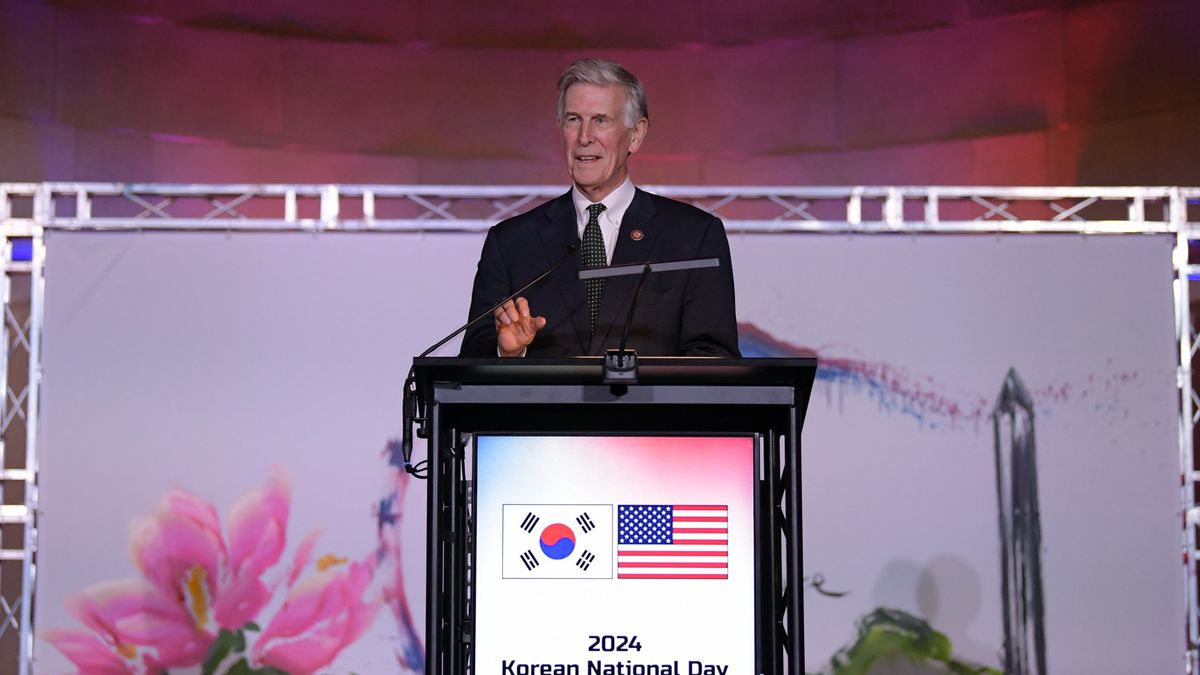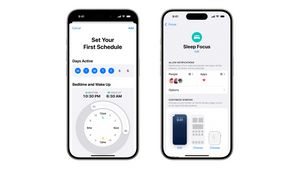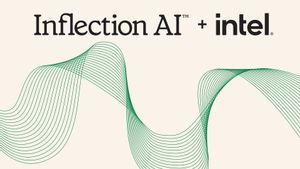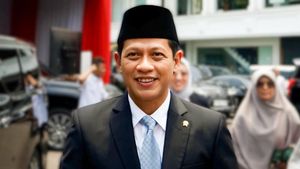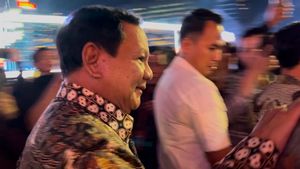JAKARTA An independent candidate in the congressional election of 8 Virginia District, Bentley Hensel, has created unexpected innovations to attract attention to her campaign. Hensel, a software engineer who works for the clean government group CivicActions, introduced an artificial intelligence-based chatbot (AI) called "DonBot" to represent his opponent, Don Beyer, in an online debate scheduled to take place on October 17.
This step was taken after Hensel was frustrated by Beyer, an incumbent from the Democratic Party who had served for several periods, refusing to participate in additional debates after attending the last forum in September.
In an election that has almost certainly been won by Beyer, who won nearly 75% of the votes in the 2022 'Hensel' elections, he tried to introduce this innovative debate idea as a form of protest against Beyer's lack of public involvement.
The "DonBot" chatbot was created without direct permission from Beyer. Hensel trains DonBot by collecting data from Beyer's official website, press releases, and information published by the Federal Elections Commission. Using technology from OpenAI, ChatGPT developer DonBot is designed to answer policy questions based on existing public information about Beyer. Even so, Hensel insists that this bot is not meant to deceive voters, but to provide informative and transparent answers.
"Don Beyer understands that the best strategy is to avoid public appearances, but voters in this district have the right to hear the opinions of all candidates on important issues," Hensel said in a statement.
The debate, which will be broadcast online, will bring together Hensel, David Kennedy (other independent candidates), and DonBot. A Republican candidate, Jerry Torres, who is also registered in the election, has not confirmed his participation. If Torres is also absent, Hensel stated that it is likely to create an AI chatbot version for Torres as well.
Law And Technology Challenges
This debate is considered a test of the limitations of artificial intelligence technology in a political context. The use of AI in the midst of general elections has sparked concerns about the potential for spreading false information or deepfakes that could damage the reputation of candidates. However, Hensel stated that DonBot was designed only to provide answers based on public data and would not display false or deviant responses.
In a limited trial conducted by Hensel, DonBot was able to answer policy questions accurately. When asked about arms control, for example, DonBot replied that "we are already at a point of crisis related to weapons in America," while referring to the law that Beyer supports. DonBot also showed a firm stance on abortion rights, expressing full support for "women's right to vote," based on Beyer's policy.
Some legal experts say that Beyer may have little legal space to stop using this AI during the chatbot not being used for commercial purposes or to mislead voters by pretending to be Beyer in real terms. "They have to be very clear that this is an AI and based on the words of publicly available candidates," said Danielle Citron, a professor of law at Virginia University.
Beyer's Reaction
The Beyer campaign has yet to provide a statement regarding whether they will try to stop this debate, but Beyer insists that he will not participate in the event. His spokesman stated that Beyer continues to be "the leading voice in Congress in fighting for artificial intelligence regulations, including efforts to prevent bad actors from using AI to spread misinformation during elections."
The use of AI in politics has become a hot issue in the United States, with at least 26 states considering or having imposed rules related to the use of AI in political communication. These rules include further disclosures about the use of AI and bans on the use of deepfakes for political purposes.
SEE ALSO:
Hensel realized that his chances of winning this election were very small. With campaign funds that only reached around US$17,000 (Rp266.2 million), far from Beyer's US$1.5 million (Rp23.4 billion), he acknowledged that his goal was more to fight for transparency in political campaigns.
"I'm not naive about what will happen in November," said Hensel, referring to Beyer's big win prediction. But I believe in greater transparency
The debate is sponsored by the non-profit organization The True Representative Movement, which supports congressional candidates committed to voting based on input from an anonymous group of voters representing various political views.
With the debate over the role of AI in the increasingly intensive general elections, this debate will be an interesting example of how new technologies can affect the political process in the future.
The English, Chinese, Japanese, Arabic, and French versions are automatically generated by the AI. So there may still be inaccuracies in translating, please always see Indonesian as our main language. (system supported by DigitalSiber.id)
